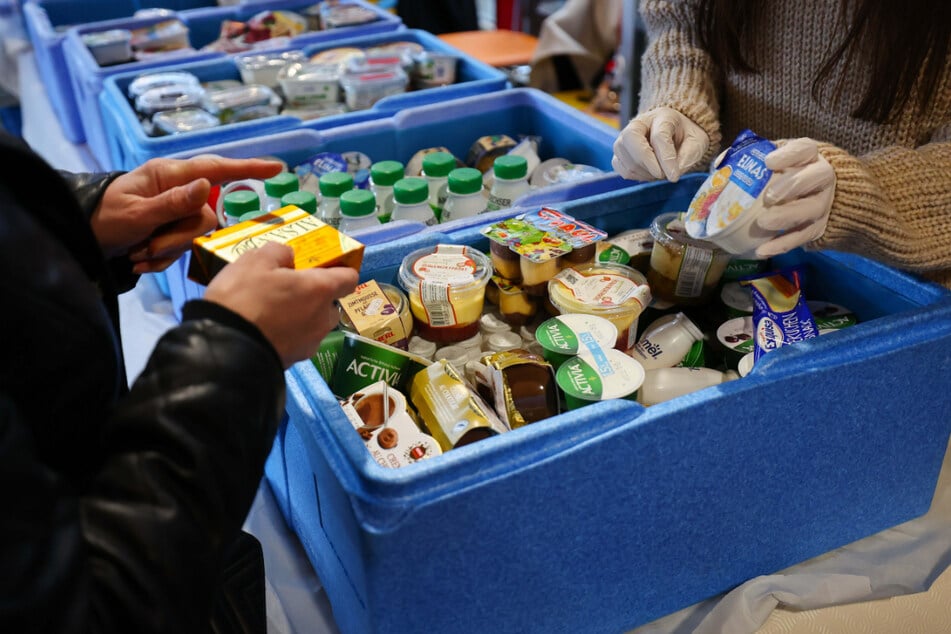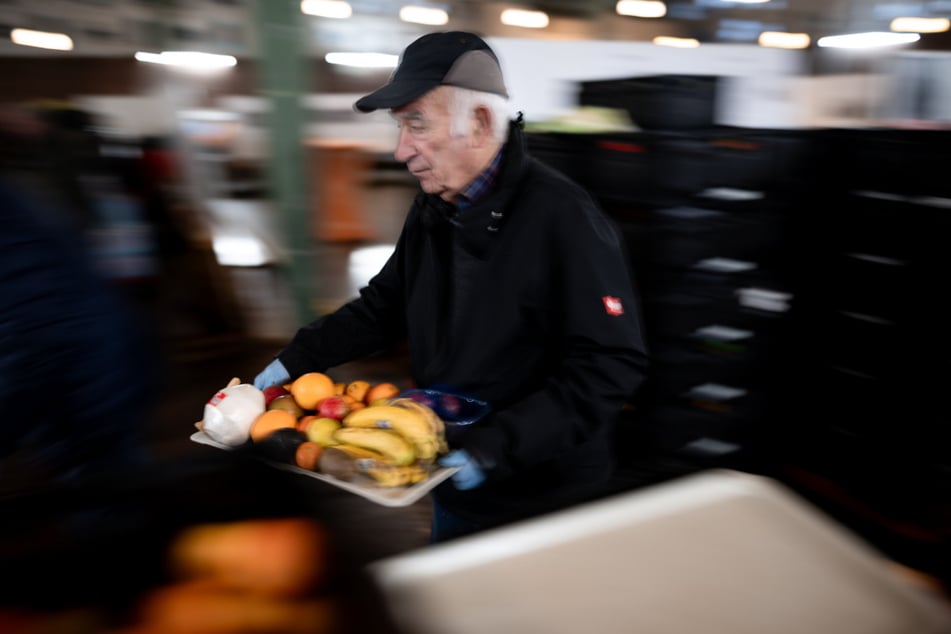Food banks in permanent crisis: "Can't do what the state hasn't been able to do for decades"
Germany - Prices have been rising faster than salaries for two years now. More and more people are therefore dependent on food banks. But they are increasingly reaching the limits of their capacity.

Many people go to the food banks to make ends meet. However, temporary stops have already had to be imposed and food rationing has had to be increased.
According to the poverty report by the Paritätischer Gesamtverband, more than 14 million people in Germany live in poverty.
The situation has worsened since the beginning of the Russian attack on Ukraine and the resulting inflation. Since then, the food banks have seen an average of 50 percent more customers nationwide.
From the point of view of many of those affected, pensions and social benefits have also not been increased sufficiently. Almost two million people therefore regularly come to one of the more than 970 food banks to obtain food.
These are mainly German pensioners, Ukrainian refugees and the unemployed. Demand has increased in almost all places. At the same time, however, the number of food donations is falling because supermarkets are calculating more and more sustainably.

Head of the Tafel umbrella organization sees responsibility in politics
The tense situation has also left its mark on the volunteers. Rooms constantly have to be prepared, tables dragged and displays set up. At the same time, many people affected by poverty turn to the local staff with their personal worries and fears.
"Food banks cannot absorb and take on what the state has been unable to do for decades," said the chairman of the umbrella organization for food banks, Andreas Steppuhn (62), to the Neue Osnabrücker Zeitung newspaper.
According to Steppuhn,the reduction in VAT on food proposedby Chancellor Olaf Scholz (66, SPD) is a first conceivable step, "but nothing more".